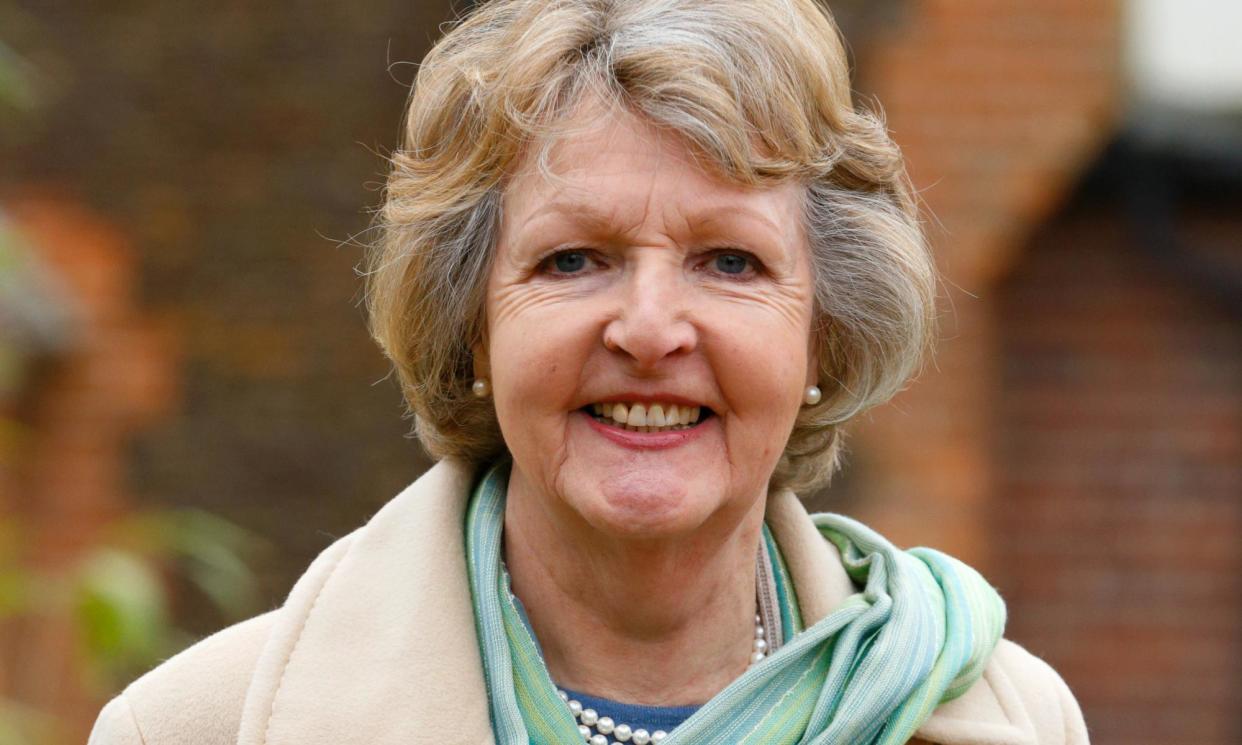Actors’ charity vote to reignite dispute involving Penelope Keith

A long-running and acrimonious dispute at an actors’ charity involving some of the best-known names of the British stage and screen is to return to the spotlight next week amid claims of boardroom coups and electoral gerrymandering.
The quarrel at the £40m Actors’ Benevolent Fund (ABF) has also triggered fierce criticism of the Charity Commission. In a rare admission of fault, the watchdog has accepted it made serious errors in its two-year handling of the controversy.
The row has played out since a dramatic takeover in 2022 resulted in the contentious ousting from the fund’s ruling body of its former president Dame Penelope Keith, and actors including Dame Siân Phillips and James Bolam, by a group of rival trustees.
Since then the two sides have been engaged in a costly war of words conducted through the media and lawyers’ letters, with the “ousted” trustees and their supporters arguing their removal from the board was illegal.
The ABF operates hardship funds for actors and stagehands in England and Wales who are in need. Its patron is King Charles, and famous past presidents include Sir Laurence Olivier and Sir John Gielgud. It gave out £900,000 in grants to 430 beneficiaries in 2022.
The row has flared again as the fund’s 750 members prepare to vote for a new council on Wednesday, amid accusations that the charity’s ruling body has tried to marginalise candidates who have publicly criticised it, including the Harry Potter star Miriam Margolyes and Cold Feet’s Robert Bathurst.
The pair have been placed by a nominations committee on a list of six “other” candidates on the voting papers, in contrast to the “recommended” list of 12 candidates, which includes five existing trustees, including the fund’s president, the actor Esh Alladi, who has overseen the fund for the past two years.
Several new “fresh blood” candidates are on the recommended list, including the actor and biographer Simon Callow, the Birds of Feather actor Lesley Joseph, and Rob Rinder, best known for the reality courtroom TV show Judge Rinder.
A spokesperson for the fund rejected the claim it had sought to influence voters through the ballot forms. It had appointed an independent nominations committee to identify the best candidates and “ensure a robust, fair and independent process of the highest order”, they said.
The spokesperson added: “It is [the nomination committee’s] expert opinion that the recommended 12, with their array of skills and experience, would be the most effective in running the charity. It is in the best interests of the charity therefore to make this clear to the members.”
Charity law experts are alarmed that the removal of Keith and her colleagues in 2022 not only breached company law but was in effect subsequently condoned by the Charity Commission, which has been supervising the fund since early 2022.
A series of letters of complaint from Keith to the commission’s chief executive, Helen Stephenson, in the summer resulted in the regulator agreeing to undertake an internal investigation into its handling of the case.
That investigation, by a senior commission official, is now complete. It concluded Keith and the excluded trustees were treated unfairly, and that the commission – which privately admitted the 2022 council election that facilitated the board takeover was “flawed” – was wrong to side with the ousting trustees.
However, the commission has offered no apology or remedy to Keith, and has so far refused to address her complaint that it misused its powers when it formally ratified the “ousting” trustees in April 2023. The ousted trustees are considering whether to take legal action against the commission.
Bathurst, who qualified as a barrister before becoming an actor, said the regulator’s errors had caused avoidable financial and reputational damage to the fund. “I’m sure charity lawyers will be looking keenly at this to see how easy it is to take over a charity unlawfully under the nose of the Charity Commission,” he said.
A commission spokesperson said: “We stand by our decision to intervene in this damaging and costly dispute about the Actors’ Benevolent Fund governance. Our review does not change what the charity must do to get back on track. All parties agree on the need to appoint a board of trustees, via an election open to all members, and we continue to require them to do so under our legally binding order.
“As a fair and accountable regulator, we are always open to the opportunity to review and explain our decisions. We will take forward lessons into how we handle other cases where trustee appointments are disputed.”

 Yahoo News
Yahoo News 
